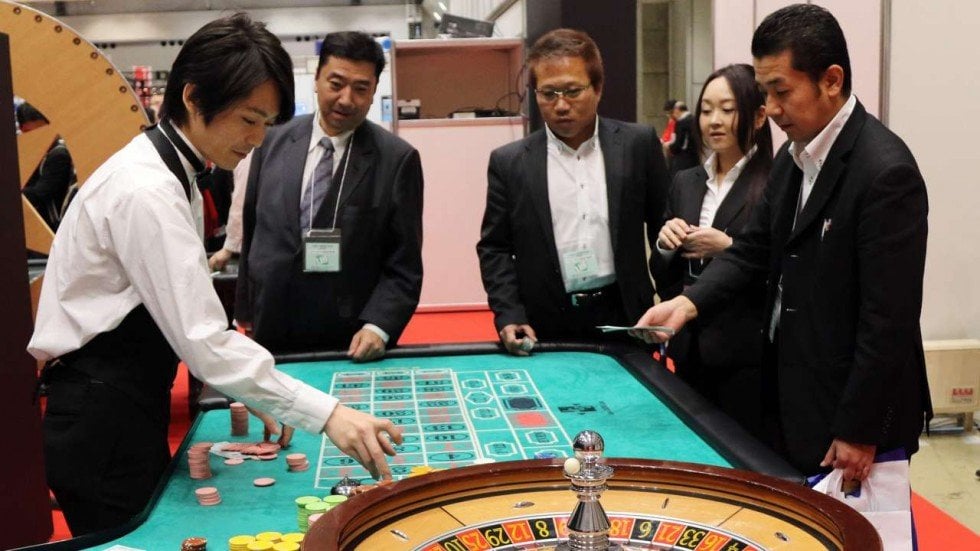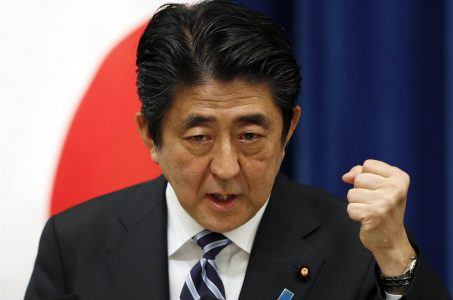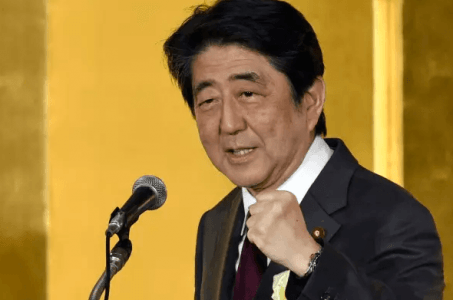Japan Ponders 22 Percent Tax Rate as Fiscal Framework for New Casinos Emerges
Posted on: July 5, 2017, 04:00h.
Last updated on: July 5, 2017, 04:46h.
Future casinos in Japan will keep more of their overall gaming win than resorts in Macau. That’s according to reports that claim the country’s legislative body is likely going to implement a tax framework that mimics rates found in Singapore’s legalized gambling market.

GGRAsia, an online media source that covers Asian gaming markets, says the National Diet is considering a gross gaming revenue tax of 15 percent on mass market play, and five percent on high roller rooms. In addition, a seven percent “Goods and Services” fee will be added to bring the effective rate to 22 percent on general gambling.
If the reports are correct, that means Japan’s casinos will pay far less to the government than gaming floors do in Macau, the world’s richest gambling hub. In China’s special gaming enclave, casinos keep just 61 percent of their gross money, as 39 percent goes to various taxes.
The Japan Times also reports that a substantial percentage of casino taxes received by the Japanese government will be earmarked to combat problem gambling. Though casino-style gambling had long been banned in Japan before they passed a law in late 2016 allowing for the creation of two major casino resorts, the government has permitted pachinko and pari-mutuel betting on horse races for decades.
Pachinko parlors, arcades that feature this mechanical game that resembles a vertical pinball machine, are widespread across Japan.
Singing Singapore’s Tune
The National Diet is currently drafting its comprehensive Integrated Resorts (IR) legislation to lay out the regulatory outline for two multibillion-dollar casinos. Lawmakers are primarily writing a primary law based on input from the nation’s Office of Integrated Resort Regime Promotion, a federal agency formed after the legislature approved casino-style gambling.
The office is reportedly heavily leaning on Singapore’s established gambling rules for reference.
The Southeast Asian country approved two integrated resorts in 2005. Resorts World Sentosa and Marina Bay Sands were the recipients of operating licenses. Marina Bay Sands was later billed as the most expensive standalone casino property in the world, costing $8 billion to build.
The Sheldon Adelson-owned property in Singapore might lose that title, however, once the bidding begins for Japanese licensure. Multiple companies, including Adelson’s Las Vegas Sands, have pledged investments reaching $10 billion should they receive one of the coveted two licenses in the Land of the Rising Sun.
ID, Please
While Japan is ready to capitalize its welcome of commercial casinos by trying to better establish the country as a tourism and entertainment destination, the National Diet’s primary concern remains gambling addiction. The possibility of charging prohibitive entrance fees has been floated, and a new report says Japanese citizens might be required to provide their social security numbers before entering the resorts.
But lawmaker Takeshi Iwaya of the ruling Liberal Democratic Party recently told Bloomberg that entrance for natives shouldn’t be so strict that it keeps them from enjoying the many non-gaming assets an integrated resort stands to offer.
“These will be leisure and entertainment facilities, so they must be friendly to customers and we mustn’t go too far,” Iwaya explained. “It’s important to make sure access doesn’t become extremely restricted.”
Related News Articles
Most Popular
Sphere Threat Prompts Dolan to End Oak View Agreement
MGM Springfield Casino Evacuated Following Weekend Blaze
This Pizza & Wings Costs $653 at Allegiant VIP Box in Vegas!
IGT Discloses Cybersecurity Incident, Financial Impact Not Clear
Most Commented
-
VEGAS MYTHS RE-BUSTED: Casinos Pump in Extra Oxygen
— November 15, 2024 — 4 Comments -
Chukchansi Gold Casino Hit with Protests Against Disenrollment
— October 21, 2024 — 3 Comments -
VEGAS MYTHS RE-BUSTED: The Final Resting Place of Whiskey Pete
— October 25, 2024 — 3 Comments
















No comments yet